November 30, 2016
Public sector employees ‘stressed’ but remaining optimistic following Brexit 0
 Levels of stress among public sector workers remain higher than any other sector, despite job satisfaction being at its highest level in four years amidst a tide of wider post-referendum optimism. This is according to the latest CIPD/Halogen Employee Outlook report of more than 2,000 employees which found that 63 percent of employees are satisfied with their jobs, rising to two-thirds (66 percent) in the public sector, the highest level for that sector since autumn 2012. However, public sector employees still report higher levels of pressure and exhaustion at work than any other sector. Two in five public sector workers (43 percent) say they are under excessive pressure at work at least once a week (all employees: 38 percent), and nearly half (46 percent) say they come home from work exhausted either always or often (all employees: 33 percent). The survey also suggests there is ample room for improvement in employee development and career progression which employers must address quickly so as not to lose valuable talent.
Levels of stress among public sector workers remain higher than any other sector, despite job satisfaction being at its highest level in four years amidst a tide of wider post-referendum optimism. This is according to the latest CIPD/Halogen Employee Outlook report of more than 2,000 employees which found that 63 percent of employees are satisfied with their jobs, rising to two-thirds (66 percent) in the public sector, the highest level for that sector since autumn 2012. However, public sector employees still report higher levels of pressure and exhaustion at work than any other sector. Two in five public sector workers (43 percent) say they are under excessive pressure at work at least once a week (all employees: 38 percent), and nearly half (46 percent) say they come home from work exhausted either always or often (all employees: 33 percent). The survey also suggests there is ample room for improvement in employee development and career progression which employers must address quickly so as not to lose valuable talent.





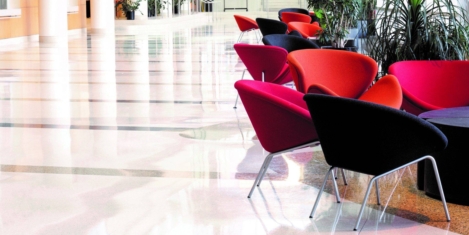
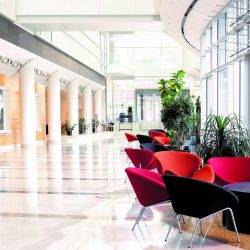






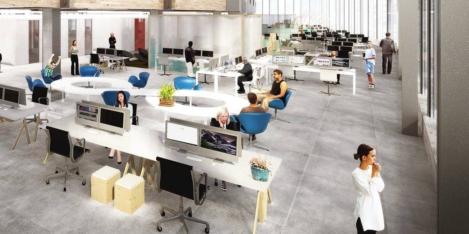
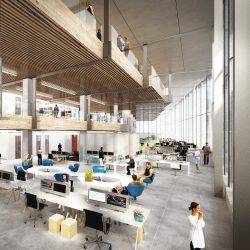


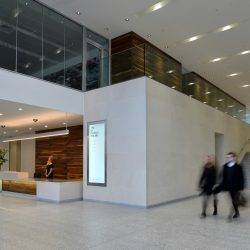












November 25, 2016
Reducing paper-weight is the key to maintaining a healthy business in the digital age 0
by Chas Moloney • Comment, Technology
More →